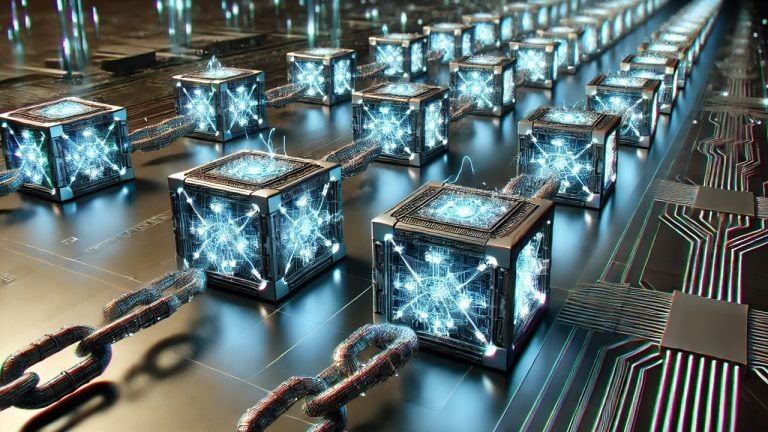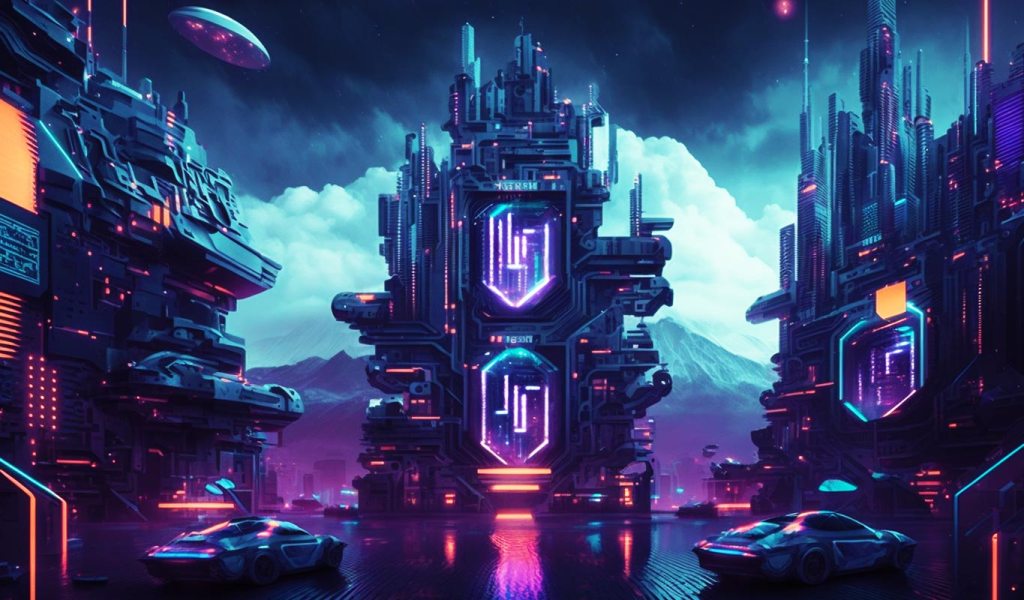
Judge Jed Rakoff gave a detailed interpretation of the Howey test that was at odds with the decision on the SEC case against Ripple.
A United States Securities and Exchange Commission (SEC) lawsuit against Terraform Labs is set to go ahead after a U.S. judge overseeing the case denied the firm's motion to dismiss on July 31.
In handing down the order, the judge also rejected a decision from another judge who ruled that Ripple did not violate securities laws based on their manner of sale.
The SEC first filed a suit against Terraform Labs and its founder Do Kwon on Feb 16, alleging it was once “orchestrating a multi-billion dollar crypto asset securities fraud."
In April, Terraform Labs’ legal representatives filed a motion for the dismissal of the suit, with supplemental materials for the motion provided in June.
In rejecting the defendants’ motion to dismiss, Judge Jed Rakoff of the Southern District Court of New York found that:
“For purposes of this motion, all well-plead allegations must be taken as true, and all reasonable inferences therefrom must be drawn in the SEC’s favor.”
In its previous dismissal motion, Terraform Labs’ representatives argued that the SEC lacks jurisdiction over both the company and its founder. It also pushed back against the agency’s position that tokens including Mirror Protocol (MIR), Terra Classic (LUNC) and TerraUSD Classic (USTC) are securities.
It also argued, in light of the Supreme Court ruling on the major questions doctrine, “Congress is not only engaging in robust debate over how crypto should be regulated, it is asking the SEC to wait for Congress to act.”
It went on to cite a procedural issue in the agency’s suit against Coinbase and its newly divulged emails concerning former SEC director William Hinman that figured in the agency’s suit against Ripple Labs.
However, Judge Jed Rakoff of the Southern District Court of New York wrote that “it would ignore reality to place the crypto-currency industry and the American energy and tobacco industries,” implying that the major questions doctrine may not apply to the case and thus dismissing that objection. The procedural questions were also dismissed.
Newsflash: Ripple Decision Already in (Big) Trouble
— John Reed Stark (@JohnReedStark) July 31, 2023
SDNY District Judge Jed Rakoff today allowed the SEC to go forward with its case against Terraform Labs and founder Do Kwon. In doing so, Judge Rakoff specifically rejected the distinction made in the Ripple case between public… pic.twitter.com/JZZ8vukfFt
The judge devoted several pages to an analysis of the Howey test, which was at the heart of the Hinman discussion. No formal contract is necessary to meet the test, and tokens themselves may be considered tokens in arguments before the court, Rakoff wrote.
Related: SEC appeal could amplify Ripple win, says Ripple Labs legal chief
The court also declined to “draw a distinction between these coins [MIR and LUNA] based on their manner of sale.” Therefore:
“The Court rejects the approach recently adopted by another judge of this District in a similar case, SEC v. Ripple Labs Inc. […] Howey makes no such distinction between [primary and secondary] purchasers.”
That approach – that XRP (XRP) was a commodity when sold on the secondary market – was a partial win for Ripple. Its rejection here could bode well for the SEC, if other judges follow Rakoff’s example.
Magazine: Terra collapsed because it used hubris for collateral — Knifefight










